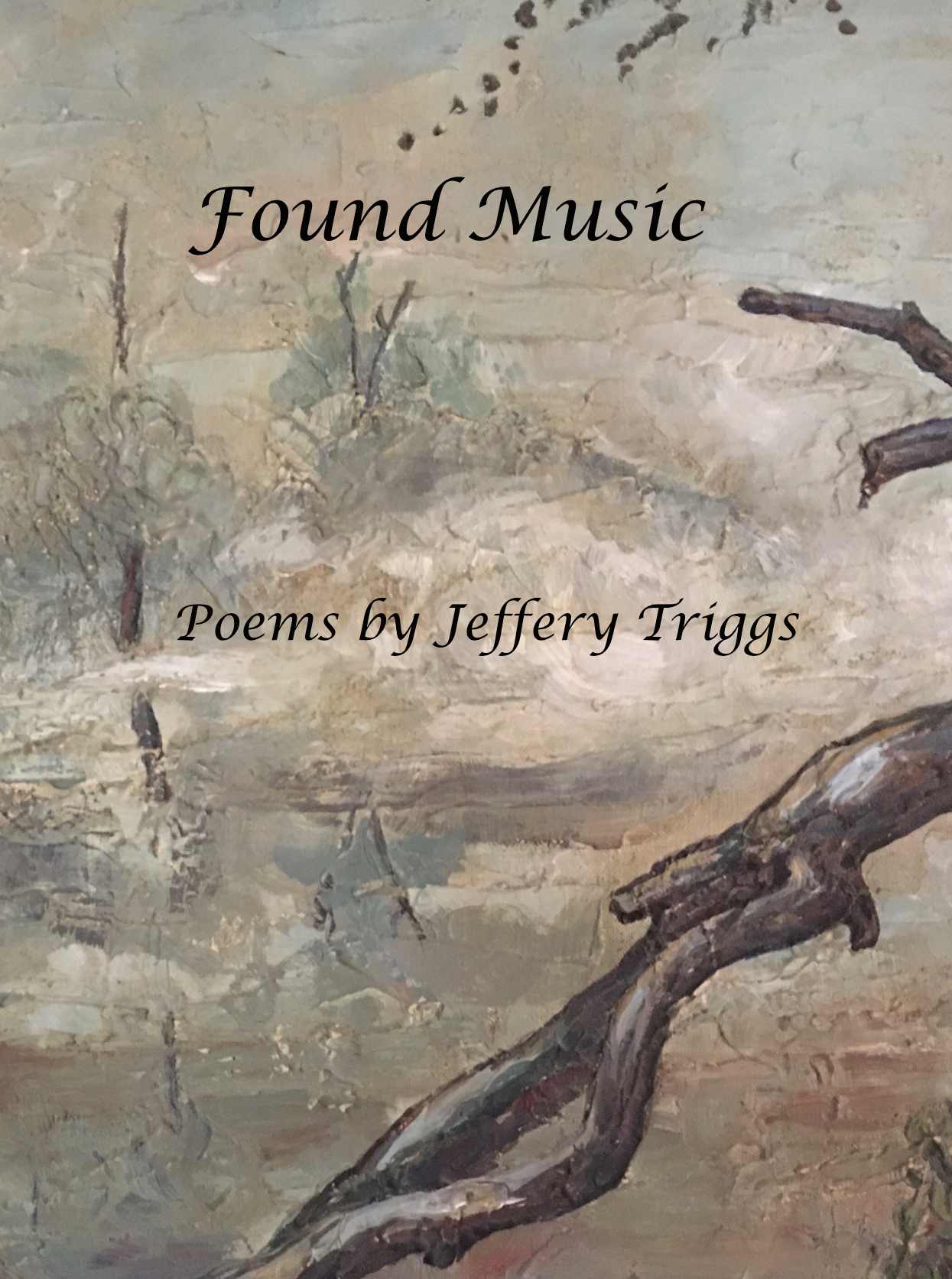
Found Music
Poems by
For Sara

A life-long resident of New Jersey, Jeffery Triggs received a Ph. D. from Rutgers in 1986, where he taught English from 1978 to 1987. From 1989 to 1999 he was the director of the Oxford English Dictionary's North American Reading Program. From 1999 through 2001, he worked at AT&T Labs. From 2002 till 2021 he worked for the Rutgers University Libraries on digital library projects. He resides presently in Madison, New Jersey, with his wife Sara. They have two children, Charlotte Elena and Jeffery David, and three grandchildren, Tatjana, Ofelia, and Indira.
Poems in this collection have appeared first in The Literary Review (“Attic Stele on a Child's Tomb”, “For Charlotte Elena, Age 10, January 2, 1993”), The Journal of New Jersey Poets (“Horse Dying at his Cart,” “Death Mask of a Girl Drowned in Paris—1895,” “Hamlet knew it,” “Edvard Munch—Shriek 1910,” “Antiques”), Gryphon (“Paris Boulevard”), Interim (“Lear's Wife”), Art Times (“Scene from Swan Lake”), International Poetry Review (“Sargent—Carnation, Lily, Lily, Rose,” “Rose of Sharon”).
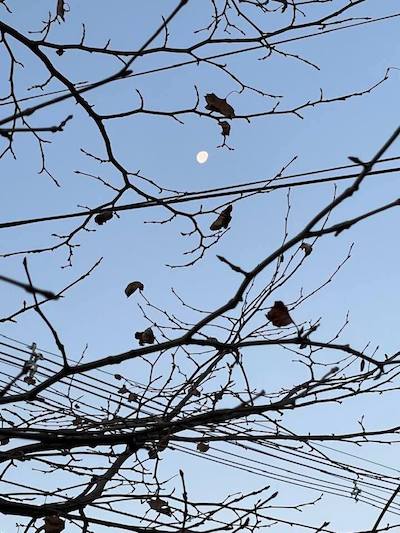
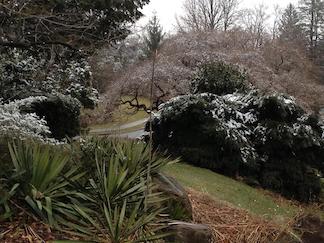
Seit ich [ihr] gesehen
Glaub' ich blind zu sein.
—Adapted from Adelbert von Chamisso (as set to music by Robert Schumann)
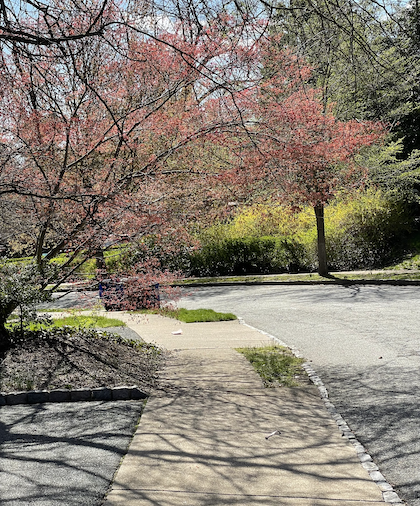
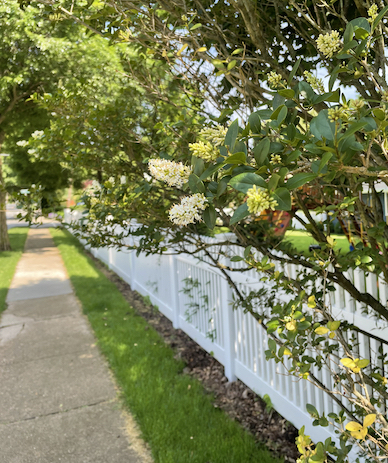
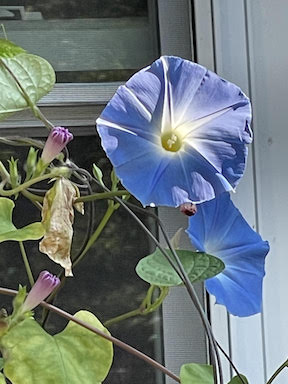

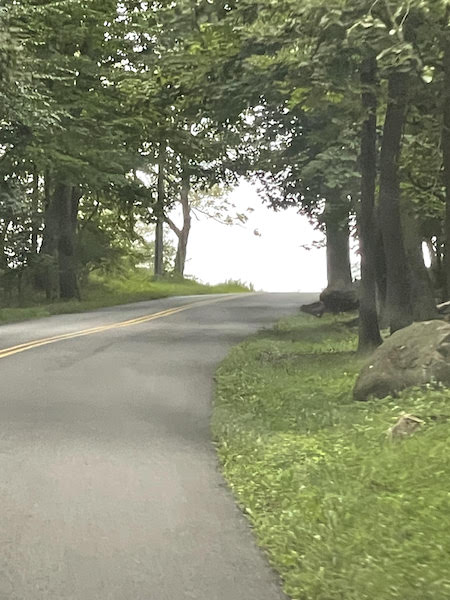
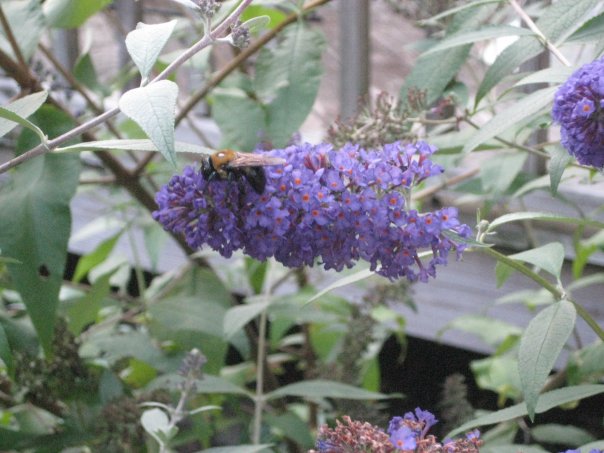
O pflaumenleichte Zeit der dunkeln Fruhe!
Welch' neue Welt erwickelst Du in mir?
| Mörike |
A thought once spoken is a lie.
| Tyutchev, Silentium |
Drei-und-Zwanzig Jahre alt, und Nichts für Ewigkeit getan.
| Schiller |
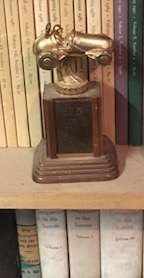
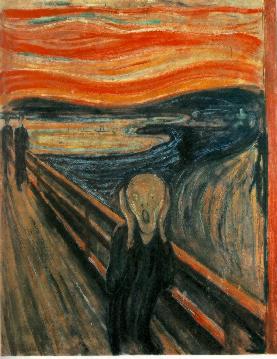
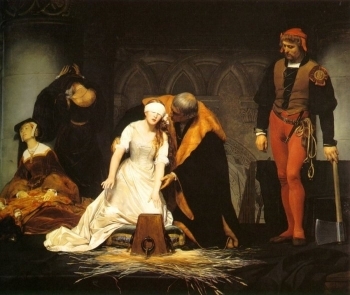
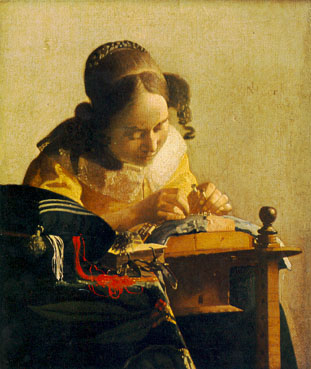


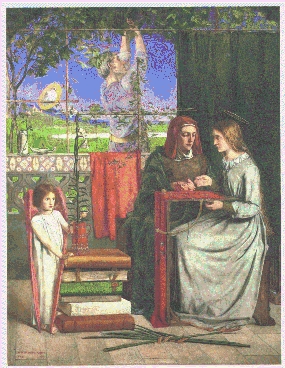
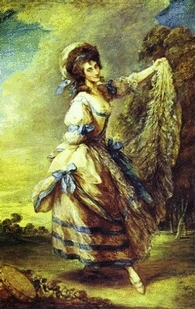
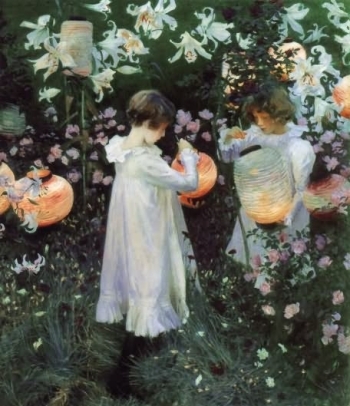
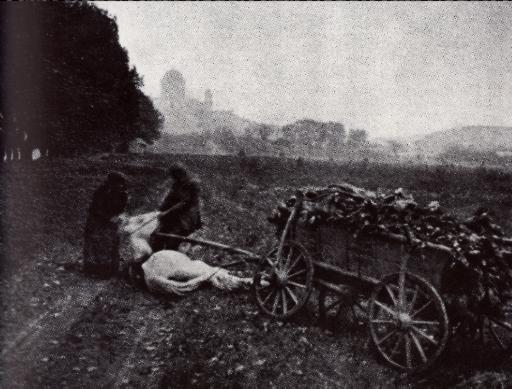
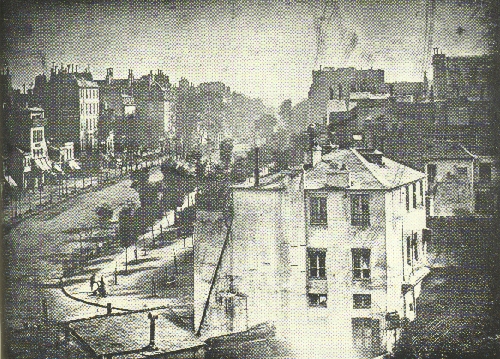

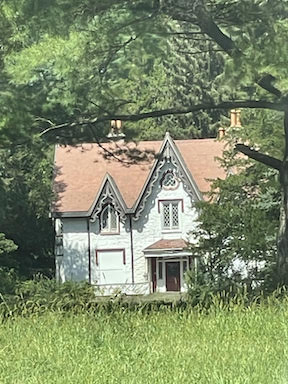
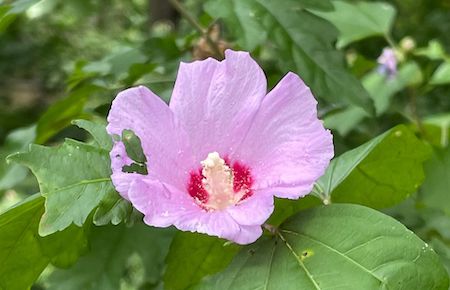
Geduld ist alles.
| Rilke |
Und zehn Jahre sind nichts...
| Rilke |
It is now the summer of 1992, more than thirty years since we last talked. In many ways things haven't changed. Kids still pedal their bicycles around town and take in the Fourth of July fireworks or the carnival or a movie. Kids are still eager to get out of school but bored stiff on the long summer days that deliver them oh so slowly to adulthood. Childhood still seems endless. But having made it through school, we are, many of us, into our late thirties, our seconds jobs, our second kids, our second wives. We drive around in small cars now, built usually in Japan or Germany, and even our kids do their work on computers. We no longer hide under our desks to practice for the atomic bomb to come. Yes, some things are different. The Yankees no longer win the pennant every year. An ice cream bar costs over a dollar. Elvis is dead. Nixon is still alive. Meanwhile, many of us are beginning to go gray, and to develop obscure pains, and to get tired of everything, even sex (which I'll explain another time), and often we try to forget about all this and seek a sort of oblivion, like that guy, that drunken cop who ran you down on an otherwise perfectly normal evening, a day you began like any other, long ago.
I don't remember all that much really. You'll have to forgive me for turning out forgetful like the rest. I remember when you first came to school, how I wrote an essay about the new boy who had made many new friends, “especially me”. I still remember struggling with the spelling of that “especially”. And how your mother let you ride all the way across town to play. I don't remember where I heard the news, or who told me. But I still see your empty desk at school and with a bit of effort feel my seven-year-old gloom, my shocked and battered incredulity (another difficult word). Nowadays, no doubt, a crew of “childhood trauma professionals” would descend on our class with briefcases full of therapies, but we made do with a few words from the teacher and a schoolyard of rumors and the overwhelming evidence of your unattended desk (hardly big enough for me to sit at now) that still held your “things” — rulers and pencils and erasers and brown-paper-covered books with words like “READING” in your childish hand. On the playground some days after, I made an ass of myself. I told another boy in halting, tremulous words, the sort that cast about hopelessly for confirmation, that if Jesus could return to life, perhaps you would as well, perhaps right after lunch or next day. I imagined you back at your desk again before it could be cleaned out and reassigned. When we got back, you were not there, and first thing he raised his hand to tell this to the teacher and the class. I remember I ran in horror from the room and not much else. Later the teacher put the nix on all such talk. I don't remember her words. Second grade finished up anyhow. Your picture was in the newspaper and I cut it out and, believe it or not, kept it for years till it yellowed on my bedroom door and the image grew more strange and strange, as such images do, faded and distant and oddly young. It got misplaced somewhere, sometime, in the place where lost things go; I got distracted into the business of growing, of getting older, putting away childish things, acting like a man.
As a man I try to talk with you now, but we have nothing any more in common. You are younger even than my daughter. If I were to see you now, come back pedaling your bike along the street, I would not know you, would not greet you or hang out with you. Probably I'd pass by like any strange adult, weighed down with my own affairs and other griefs. Yet at times to this day I make out something of you living over and over in the children I see wending through childhoods that I know can flash suddenly, as in the glare of headlights, into the vast uncertainty of all our lives.
Copyright © 1999, 1996, 1999, 2001, 2014, 2015, 2016, 2017, 2018, 2019, 2020, 2021, 2022 by Jeffery Triggs. All rights reserved. The poems here were written between 1976 and 2022.